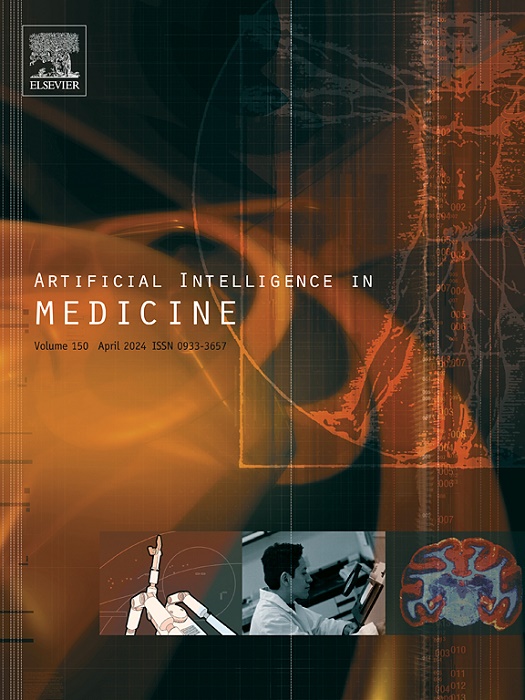Toward responsible artificial intelligence in medicine: Reflections from the Australian epilepsy project
IF 6.2
2区 医学
Q1 COMPUTER SCIENCE, ARTIFICIAL INTELLIGENCE
引用次数: 0
Abstract
Artificial intelligence (AI) is a multidisciplinary scientific field that uses machines to solve real-world problems and predict outcomes. Despite the current enthusiasm about AI's potential as a clinical support tool, there is also a growing awareness and concern about the potentially harmful effects of AI. Because AI will likely impact expert-based decision-making in medicine, it is critical to consider the issues that AI raises in medical research. This paper outlines the AI guidelines of the Australian Epilepsy Project. This large-scale platform aims to democratise specialist care in epilepsy and use AI for clinical decision support based on prospective multimodal datasets (MRI, genetic, clinical, and cognitive data) from thousands of people with epilepsy. As AI develops rapidly, we focus on key areas of medical AI identified in the literature, including Trust, Responsibility and Safety. We believe AI is changing medicine, and we believe it is imperative to advance and update our AI guidelines adaptably while preparing for an era of augmented-intelligence-based medicine.
医学中负责任的人工智能:来自澳大利亚癫痫项目的思考
人工智能(AI)是一个多学科的科学领域,它使用机器来解决现实世界的问题并预测结果。尽管目前人们对人工智能作为临床支持工具的潜力充满热情,但人们对人工智能潜在有害影响的认识和担忧也越来越多。由于人工智能可能会影响医学中基于专家的决策,因此考虑人工智能在医学研究中提出的问题至关重要。本文概述了澳大利亚癫痫项目的人工智能指南。这一大规模平台旨在使癫痫专科护理民主化,并利用人工智能基于来自数千名癫痫患者的前瞻性多模态数据集(MRI、遗传、临床和认知数据)进行临床决策支持。随着人工智能的快速发展,我们专注于文献中确定的医疗人工智能的关键领域,包括信任、责任和安全。我们相信人工智能正在改变医学,我们认为有必要在为增强智能医学时代做准备的同时,适时地推进和更新我们的人工智能指南。
本文章由计算机程序翻译,如有差异,请以英文原文为准。
求助全文
约1分钟内获得全文
求助全文
来源期刊

Artificial Intelligence in Medicine
工程技术-工程:生物医学
CiteScore
15.00
自引率
2.70%
发文量
143
审稿时长
6.3 months
期刊介绍:
Artificial Intelligence in Medicine publishes original articles from a wide variety of interdisciplinary perspectives concerning the theory and practice of artificial intelligence (AI) in medicine, medically-oriented human biology, and health care.
Artificial intelligence in medicine may be characterized as the scientific discipline pertaining to research studies, projects, and applications that aim at supporting decision-based medical tasks through knowledge- and/or data-intensive computer-based solutions that ultimately support and improve the performance of a human care provider.
 求助内容:
求助内容: 应助结果提醒方式:
应助结果提醒方式:


